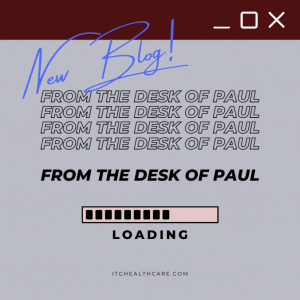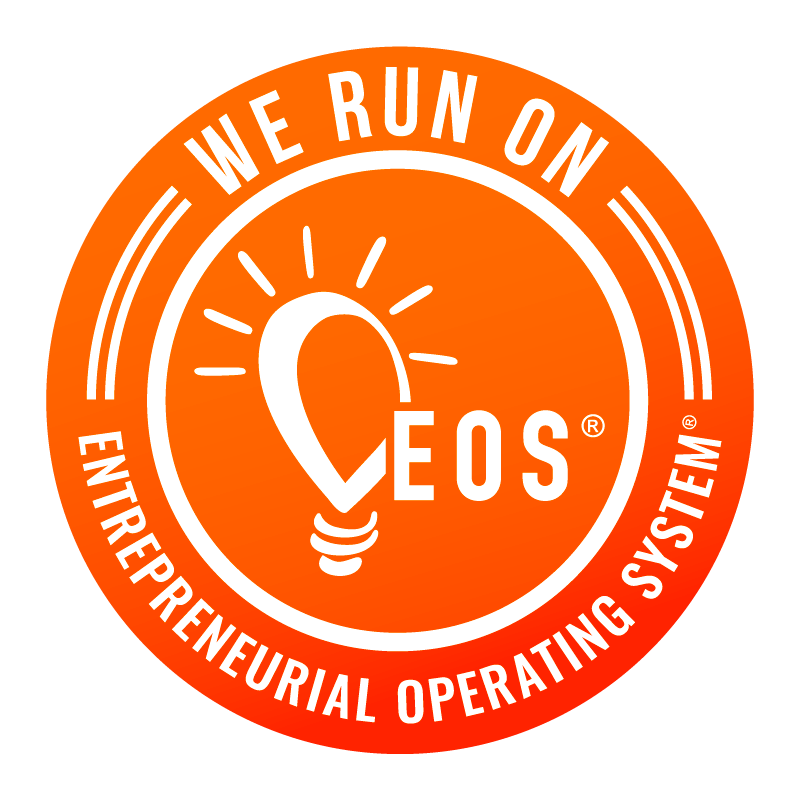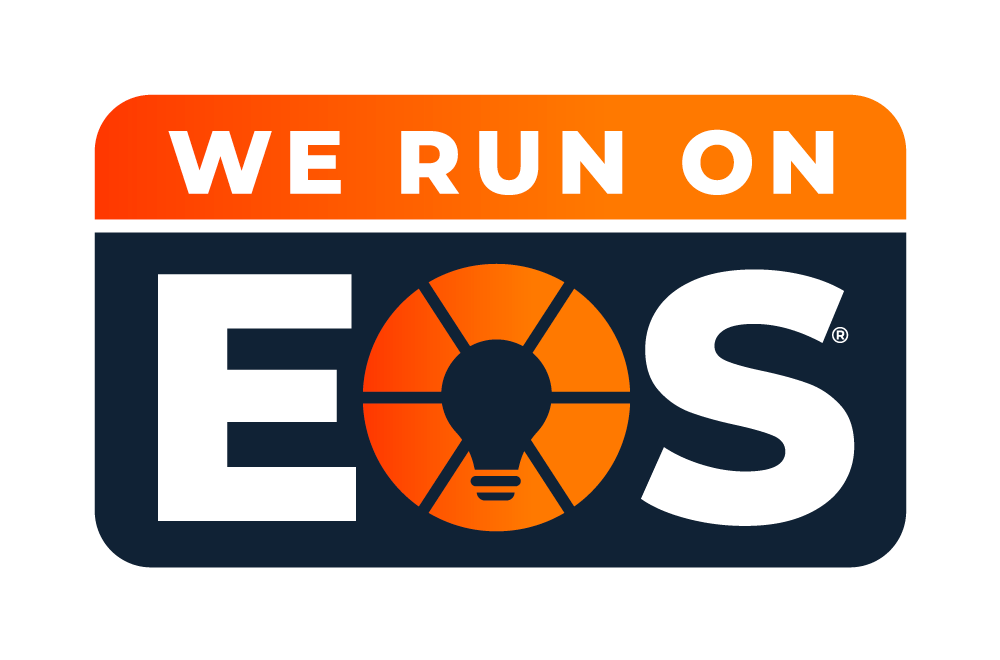The Silver Lining of the COVID-19 Pandemic
Is there such a thing as an upside to what is going on in the world today? Specifically, what is going on in the United States? Even more specifically, in your business or healthcare practice? Yes. Yes, there is an upside, but it’s a matter of perspective! For many of us, especially those of us in Virginia, business as we know it, has in large part, been shut down. Well, when we cannot see our clients, propose solutions or any of the other things that normally keep us busy on any given day, what can we do? Let’s keep in mind that the unfortunate reality is that some organizations will not survive our current economic circumstances. The customers or patients that those organizations have served will continue to have needs. That means there will be a significant amount of market share that will be available for the surviving organizations. Since this pandemic is so prolific in its impact to businesses, it will undoubtedly change the way most businesses function when the economy begins to normalize again. This too will create a groundswell of new opportunities. Here are four ideas for things you can do to ensure that as our economy begins to normalize, your organization will be prepared to capture a groundswell of opportunities:
- Training: In the winter, farmers work on their equipment to prepare for the coming season. During the offseason, athletes also prepare and train for the coming season. Consider this time that we are operating in right now as somewhat of an offseason and make a real commitment to preparing your people for the opportunities that will undoubtedly present themselves. During our busy seasons, it is extremely difficult for most organizations to focus on needed training that will really help move the organization forward. Now that there is additional time, make training an intentional focus.
- Compliance: HIPAA, PCI and other compliance activities can be very time-consuming each year. With other customer-focused activities being drastically reduced right now, use this time to home in on your compliance requirements. The incredible increase in remote work has created some new considerations for HIPAA compliance. At a minimum, HIPAA compliance policies, procedures and assessments should be reconsidered in light of these changes. If the heavy-lifting can be done during this slow time, then there will be one less major task that needs your focus when you can get back to customer-focused activities.
- Strategic Planning: Strategic planning is something that all successful organizations do with regularity. However, as mentioned before, the current situation has thrust us all into new ways of doing things that perhaps we hadn’t really considered enough before. Take some time to consider what lessons have been learned from new ways of doing things like remote work or telemedicine. Even beyond this time, when the world gets back to some state of normal again, are there some positives to our alternate method of doing business that can now be incorporated into our every day? How do these new methods improve our organization? What are the long-term considerations for these new methods?
- Business Continuity/Emergency Operations Planning: One of the hardest things about business continuity or emergency operations planning is the absence of a real set of circumstances – we would normally have to make assumptions and hypothesize. Not now! Now we have a very real set of circumstances to challenge our thinking about what a good business continuity or emergency operations plan would look like. With the benefit of real-world experience, many of us need to merely document our current circumstances and what we are currently doing while considering what we have learned over the past several weeks, and we will have the bulk of the information needed for our plans. Use this unusual time to create a better business continuity or emergency operations plan than you could have possibly created in the absence of your organization’s current circumstances.
Paul Meadows,
President/CEO







